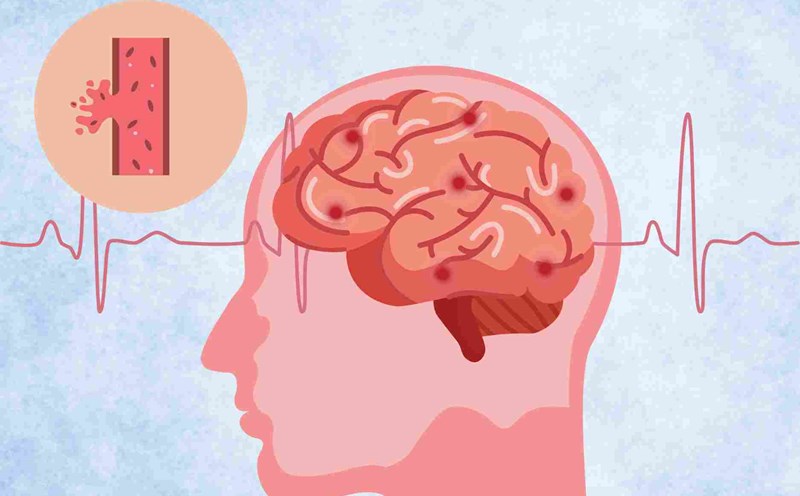Many people often blame themselves for being lazy when they can't wake up in the morning. However, according to neuros scientists, the real cause lies in the way the biological clock in the brain operates, not simply the will.
Dr Yatin Sagvekar, a consultant neurologist at Kokilaben Dhirubhai Ambani Hospital (Navi Mumbai, India), said that the biological clock determines the sleep cycle based on light, hormones and body temperature.
Especially in adolescents and young people, the circadian rhythm tends to be more delayed. At that time, the body secretes melatonin hormone late, making them feel alert in the late evening but have difficulty waking up early.
Baologically, prolonging sleep time is easier than forcing the brain to be alert in the early morning, emphasized Mr. Yatin Sagvekar.
In addition to melatonin, adenosine is a neurotransmitter that accumulates in the brain throughout the day, also contributing to sleep apnea.
When you stay up late, the balance between adenosine and alertness signals is maintained, helping people stay up. But if forced to wake up early when the biological clock is not ready, this balance is disrupted, leading to lethargy, difficulty concentrating and a feeling of struggling with the alarm bell.
Modern life makes this situation even worse. Green light from phone and computer screens slows down melatonin secretion, causing sleep to arrive later, according to the Indian Express.
Meanwhile, waking up early requires a rapid increase in cortisol and body temperature, which are difficult to trigger when the brain is still sleeping.
The long-term consequences of circadian rhythm disturbances can be chronic fatigue, reduced concentration, mood disorders, and sleep disorders.
Dr. Sagvekar says luck is the brain can adapt. Adjusting natural light, maintaining a regular sleep schedule and limiting the use of electronic devices in the evening are ways to help the biological clock work in the right rhythm.
So if you have difficulty waking up early, remember that it's not necessarily laziness. Simply put, your brain is still following its own rhythm, needing the right time and habit to get in touch with the morning.











